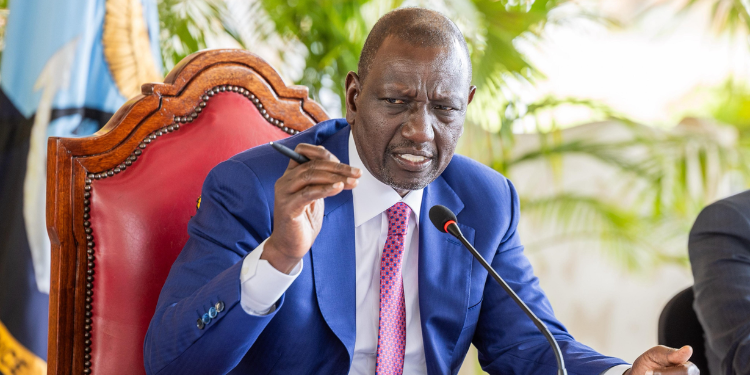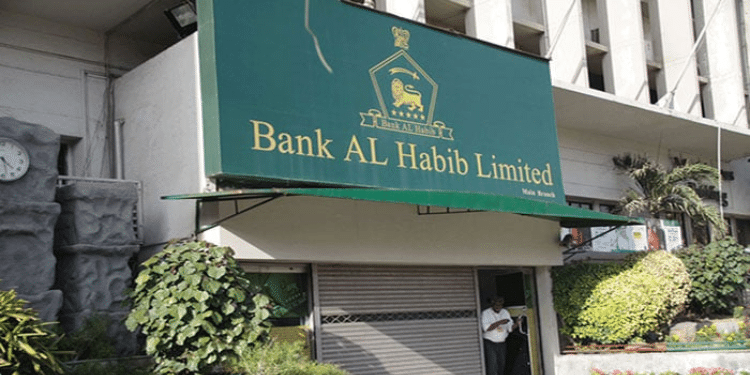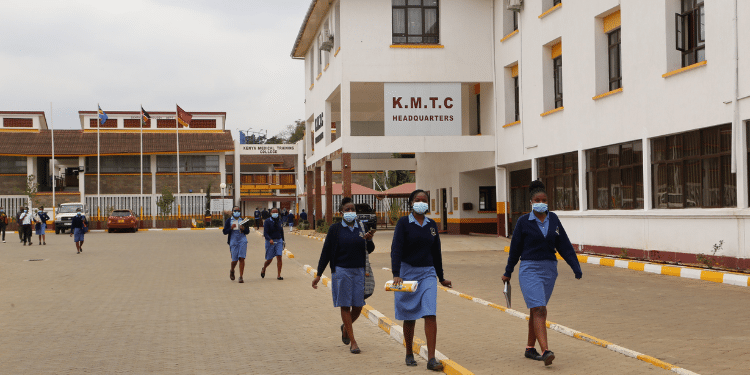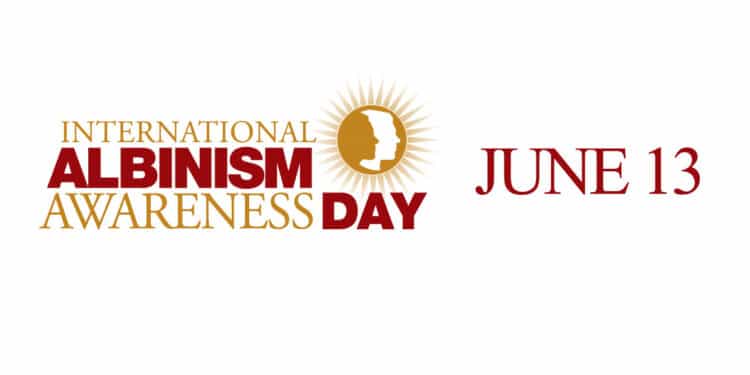International Albinism Awareness Day (IAAD) is observed on June 13 every year to create awareness on Albinism, to battle discrimination and stop brutality against persons with Albinism.
Each year, the United Nations selects a unique theme aimed at highlighting the achievements of persons with albinism worldwide. The celebration of IAAD also focuses on other health issues brought about by albinism.
IAAD 2023 Theme
The IAAD 2023 theme is “Inclusion is strength.”
The themes lay focus on the importance of inclusion of not only people of all races and ethnicities affected by albinism, but also young people, women, children, and elderly persons. Furthermore, it highlights the need to seek cooperation of various groups, including human rights groups that are not directly involved with the albinism movement.
The ‘Inclusion is strength’ theme builds on from 2022 theme of ensuring the inclusion of the voices of persons with albinism in all sectors of life. It is meant to echo the importance of inclusion of a range of groups from within and without the albinism community.
Inclusion is Strength
The 2023 IAAD theme highlights the importance and benefits of:
- Including a broad spectrum of persons with albinism in albinism-related discussions
- Including youth, women, children, older persons, LGBTQ+ and persons with albinism of all races and ethnic backgrounds
- Collaborating and embracing albinism within the disability movement, and in other sectors where decisions affect persons with albinism.
- Seeking synergies with human rights groups and other groups from outside the albinism movement.

What is Albinism?
Albinism refers to a rare genetic condition characterized by little or no melanin in the skin, hair, and eyes and as a result causing vulnerability to the sun and bright light.
Albinism is genetically inherited.
Persons with Albinism have very light skin, hair, eye color and are likely to experience vision problems, such as sensitivity to light and reduced visual acuity. This condition affects people of all races and backgrounds. Likewise, persons with albinism may be more susceptible to sunburn, and skin cancers.
Also Read: Man Arrested While Selling His Albino Children For Ksh4.7 Million
IAAD History
Persons with albinism have endured discrimination on grounds of both skin color and disability. As such, celebrating International Albinism Awareness Day help to create a society that is inclusive for all. For instance, persons with albinism went through a tough time in Tanzania in mid 2000s.
The situation in Tanzania which is believed to have the highest percentage of albinos saw hundreds of them brutally murdered and mutilated. According to local beliefs, body parts of persons with disabilities can bring luck and prosperity. Some also attacked Albinos due to the belief that they are evil spirits.
Nonetheless, the Tanzania Albinism Society (TAS) and other NGOs campaigned for the human rights of albinos and on May 4, 2006 they celebrated the first Albino Day.
Likewise, the UNHCR adopted a resolution called “Attacks and discrimination against persons with albinism” in 2013. The resolution appealed for the prevention of attacks and discrimination against persons with albinism.

Finally, on 18 Dec 2014, the United Nations General Assembly (UNGA) adopted a resolution proclaiming 13 June as International Albinism Awareness Day, with effect from 2015.
Celebrating the IAAD every year is necessary to spread awareness about the human rights of the Albinos across the world as well as condemning attacks on them.










































































